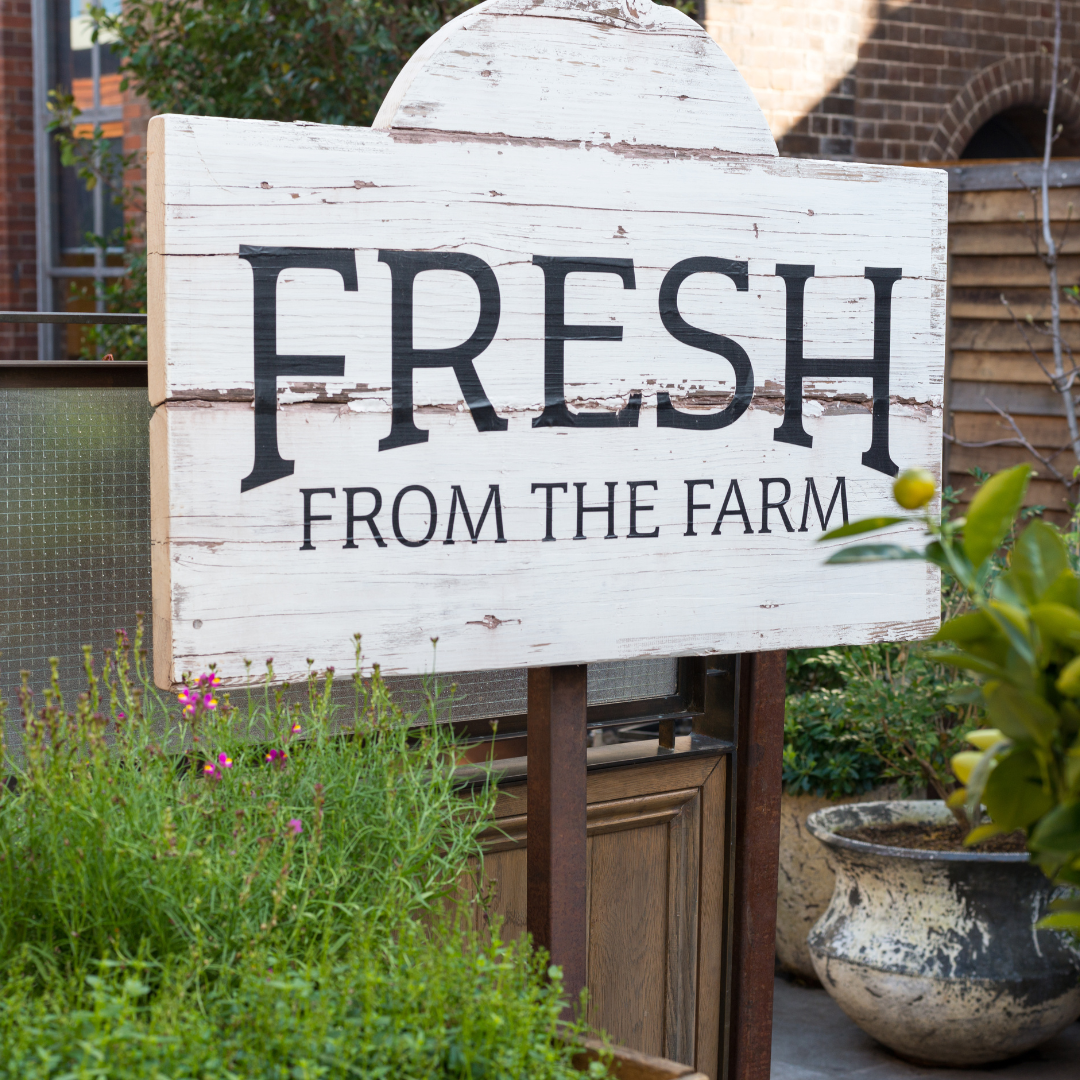It's all about seasonality. Yes, you can buy exotic orchids from Singapore or velvety roses flown in from Kenya, and they certainly have their charm, but what a shame it would be to overlook the stunning flowers grown right here in the UK. The month of May is bursting with local delights like alstroemeria, tulips, hellebores, and, if we’re lucky, the first of the peonies. There’s something uniquely special about working with what’s in season; it not only reflects the natural rhythm of the year but also supports our local growers and dramatically reduces our environmental impact.
Did you catch the recent feature on Countryfile about British tulip production? It shone a light on one of the leading growers based in Norfolk. That one nursery is part of a small group of six or so individual farms that produce around 75% of the tulips sold in the UK. Isn’t that incredible? Buying their blooms not only means fresher flowers on your kitchen table, but a fraction of the carbon emissions compared to those imported from overseas. What’s not to love about that?
Closer to home, there's a vibrant community of growers under the umbrella of Flowers from the Farm. This inspiring network brings together flower farmers across the UK, whether they're growing from a small back garden plot or working a sprawling field. Some sell directly to florists, others are florists themselves. Each one is playing a part in bringing beautiful, seasonal flowers to our homes in a way that respects both people and planet.
But it doesn’t stop at what goes into the bouquet; how we give flowers matters too. There’s a noticeable difference between a lovingly wrapped posy tied with raffia and one that arrives wrapped in layers of single-use plastic or popped in a disposable plastic vase. There’s nothing wrong with beautiful wrapping, but can it be reused or recycled? Perhaps the recipient can return a glass vase to be refilled, or you could even deliver a bouquet in a jam jar from your own kitchen cupboard. Small touches like these make a big difference when you're thinking more consciously about consumption.








